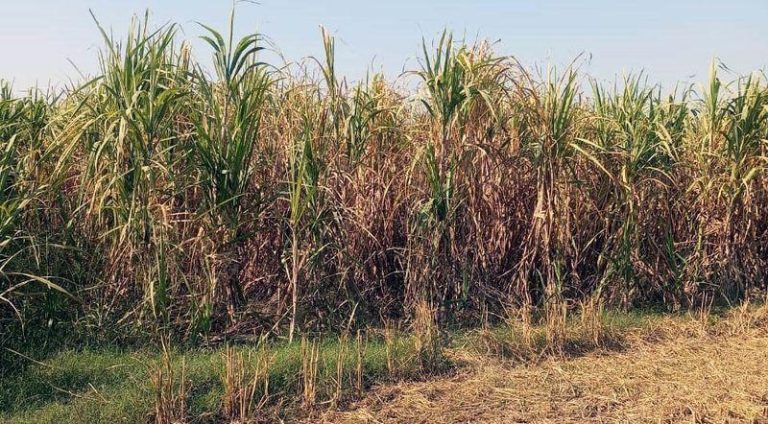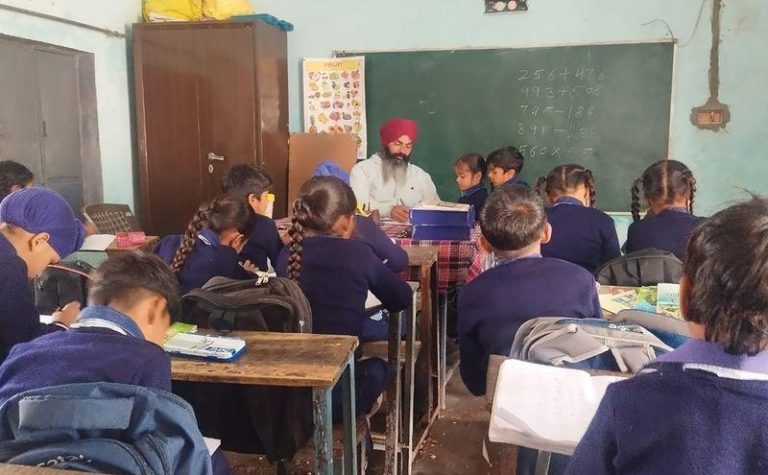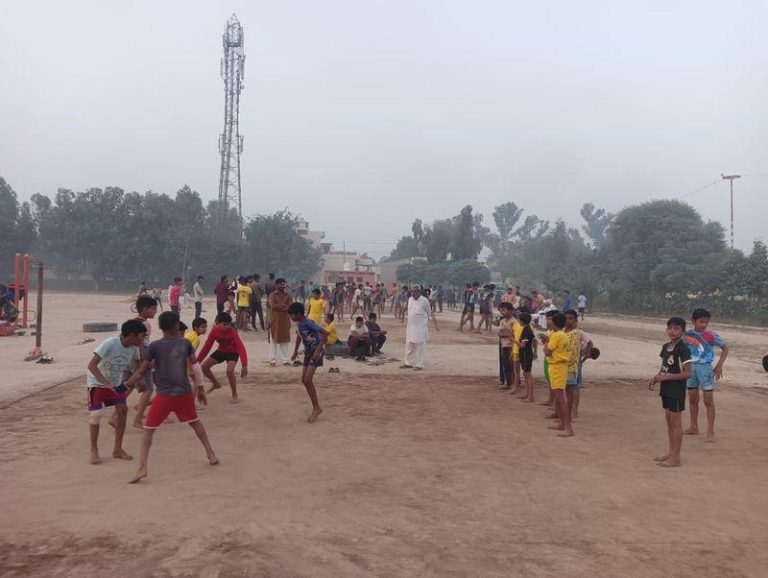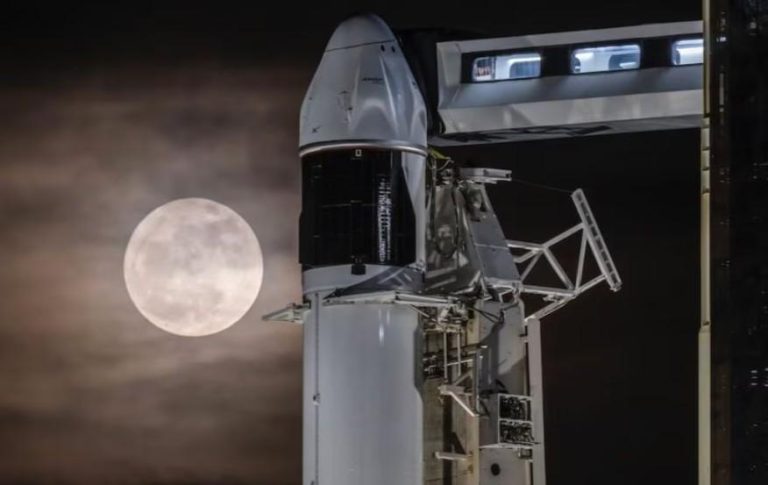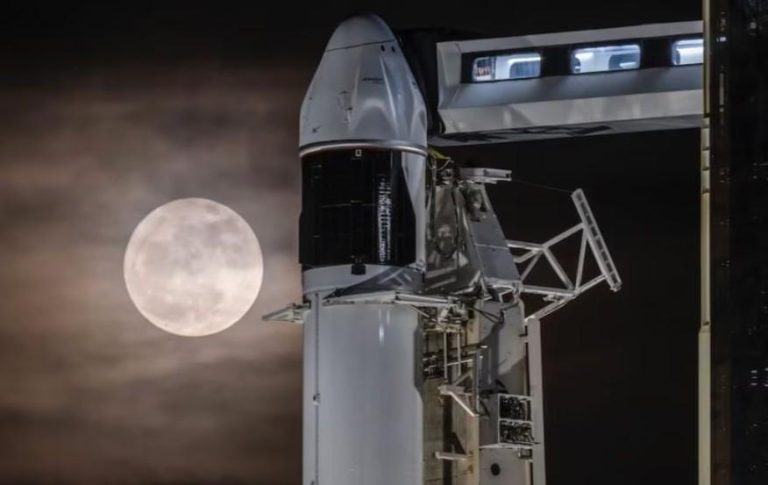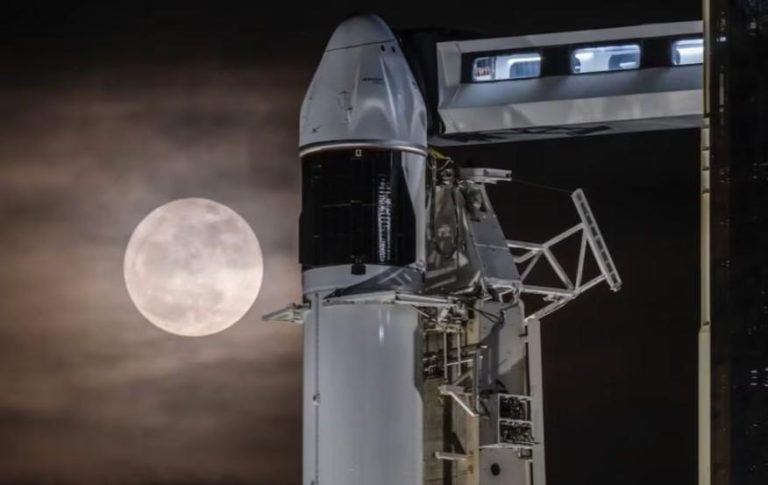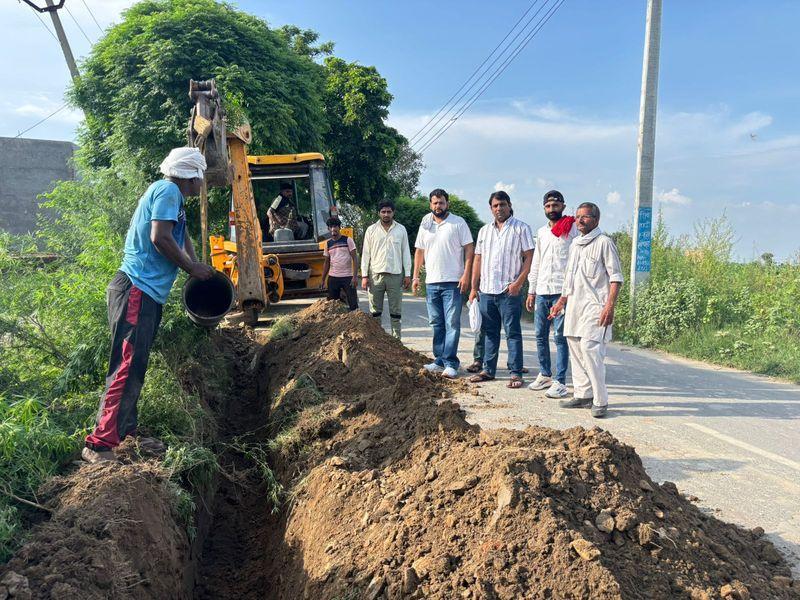
Rohtak Villages Await Completion of ₹44 Crore Water Project
The arid landscape of Rohtak district in Haryana has been plagued by water scarcity for years, leaving thousands of residents without access to a basic necessity. However, a glimmer of hope is on the horizon as a massive drinking water project is nearing completion. The ambitious project, valued at ₹44 crore, aims to bring canal water to 12 villages through a network of pipelines, quenching the thirst of nearly 70,000 residents.
The villages of Nonand, Gandhra, Gijhi, Dattaur, Atail, Naya Baas, and Bhainsru Kalan are eagerly awaiting the completion of the project, which is expected to transform their lives forever. For years, the residents of these villages have been forced to rely on borewells and tanker supply to meet their daily water needs, often at exorbitant costs. The scarcity of water has not only affected their health and hygiene but also their livelihoods, with many farmers struggling to irrigate their crops.
The project, being executed by the Haryana Public Health Engineering Department (PHED), involves the construction of a 35-kilometer-long pipeline network that will connect the villages to the nearest canal. The canal water will be treated and purified at a treatment plant before being distributed to the villages through a network of pipes.
According to officials, the project is being implemented in two phases. The first phase, which involves the construction of the pipeline network and treatment plant, is already complete. The second phase, which involves the laying of distribution pipes and connections to individual households, is expected to be completed by the end of the year.
The residents of the villages are excited about the prospect of having a reliable source of clean drinking water. “We have been waiting for this project for years,” said Ramesh Kumar, a resident of Nonand village. “We have seen many promises being made, but this time, we are hopeful that it will be completed soon. It will make a huge difference in our lives.”
The project is not only expected to improve the health and hygiene of the residents but also boost the local economy. “The availability of clean drinking water will attract more farmers to the area, which will increase agricultural production and create more employment opportunities,” said Sanjay Kumar, a local farmer.
The project is also expected to reduce the burden on the local health department, which often struggles to deal with water-borne diseases. “We have been seeing a lot of cases of water-borne diseases in the area, which is a major concern,” said Dr. Vinod Kumar, a local doctor. “Once the project is completed, we expect to see a significant reduction in such cases.”
The Rohtak district administration has been working closely with the PHED to ensure the timely completion of the project. “We are committed to providing clean drinking water to all residents of the district,” said Suresh Kumar, the District Magistrate of Rohtak. “We are working closely with the PHED to ensure that the project is completed as per schedule and meets the needs of the residents.”
Despite the excitement and anticipation, there are concerns about the project’s timeline and quality. “We have seen delays and cost overruns in many government projects in the past,” said Raj Kumar, a local resident. “We hope that this project will be completed on time and up to the expected standards.”
The PHED officials, however, are confident about completing the project on time and within budget. “We have a robust plan in place to ensure the timely completion of the project,” said an official spokesperson. “We are working closely with the contractors to ensure that the quality of work meets the highest standards.”
As the villagers of Rohtak district await the completion of the ₹44 crore drinking water project, they are filled with hope and excitement about the transformative impact it will have on their lives. With the project expected to be completed by the end of the year, the residents are eagerly looking forward to a future where they have access to clean drinking water, a basic necessity that is often taken for granted.
